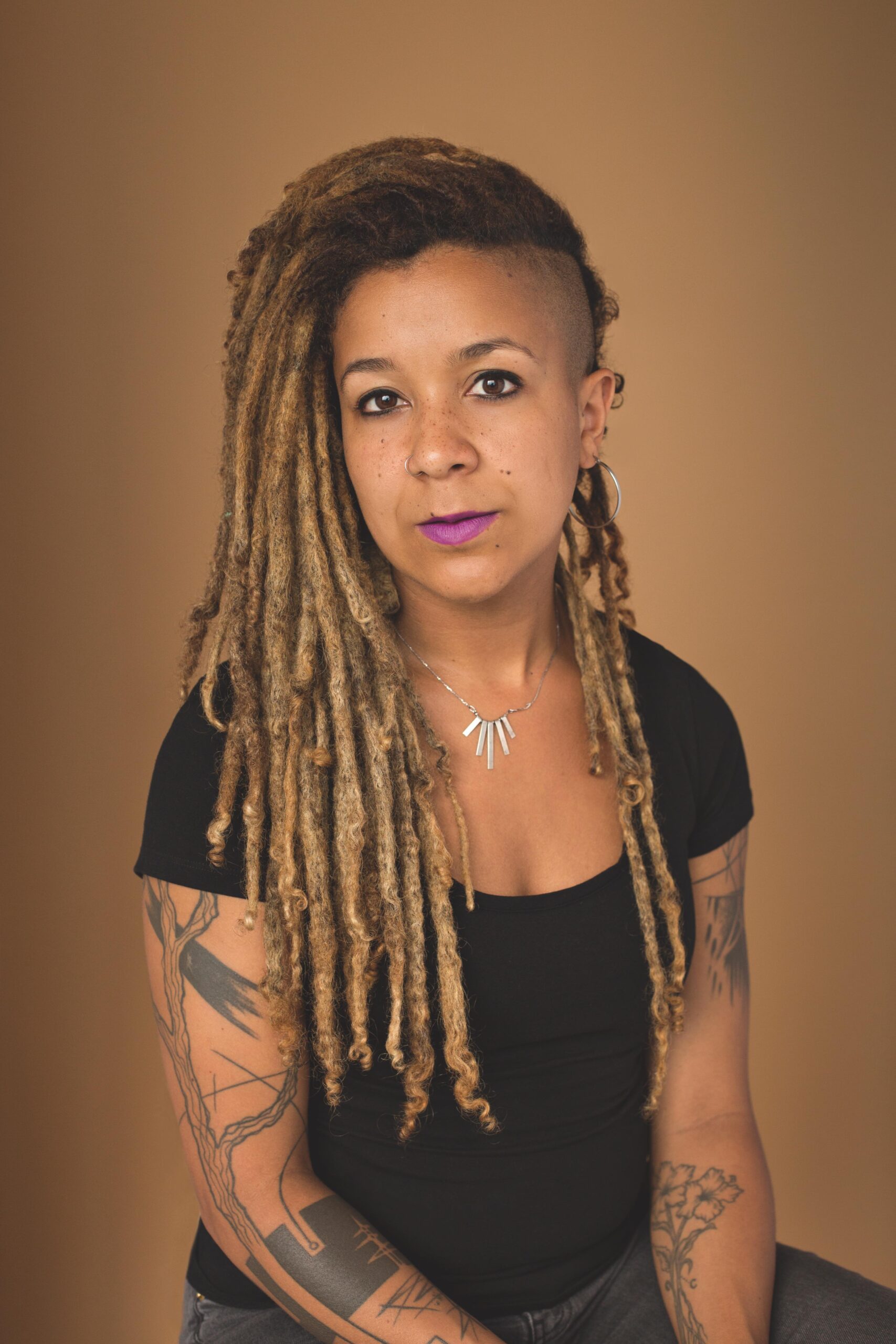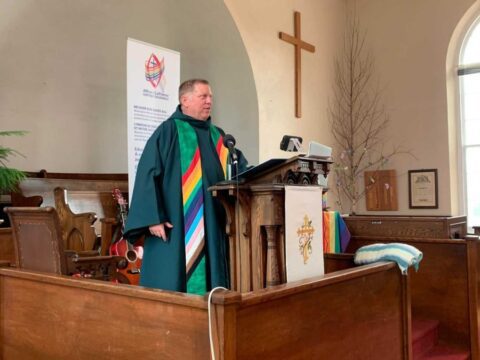Reflecting on the current state of the world often feels like watching a dimming lightbulb. Mass media constantly reminds us that human beings are actively and relentlessly making our planet uninhabitable. However, Robyn Maynard rejects the word “Anthropocene” in her new book, Rehearsals for Living, co-written with Leanne Betasamosake Simpson. It’s not humans who’ve ushered us into a new and dangerous geological period, Maynard argues, but a particular group of high-powered, often absurdly wealthy elites. And though the book is concerned with world-endings, it doesn’t see the apocalypse as a tragedy but rather as an opportunity for society to build something new.
What makes Rehearsals for Living unique is that it was never intended for an audience. Maynard, author of Policing Black Lives, and Simpson, a writer and musician whose latest novel is Noopiming, began exchanging letters as a way to support one another and use Black and Indigenous thinking to strategize a way out of current calamities. The letters began in early 2020 and continued through the pandemic, the racial uprisings following George Floyd’s murder, and the West Coast wildfires. Throughout these events, we get Maynard’s and Simpson’s reactions in real time.
You may unsubscribe from any of our newsletters at any time.
The epistolary form allows a vulnerability and closeness that wouldn’t have been possible in any other genre. The book, however, still manages to be immensely scholarly, journalistic, historical and theoretical all at once. Both writers use the intimacy of their domestic lives to reflect on the larger political and social phenomena around them.

For example, Maynard discusses the joyful experience of watching her son frolicking playfully. The image of a Black child running freely outdoors is naturally compared to the broader idea of Black liberation, especially in a continent where Black boys can be killed in parks for carrying toy guns.
Simpson similarly details how, in her Nishnaabeg culture, there is a deep reverence for water as life-giving — leaving the reader to imagine a world where water is respected more and First Nations communities in Canada, as well as poor communities in the Global South, don’t have to fight for safe drinking sources.
More on Broadview:
- ‘The Believer’ explores our human need to put our faith in things unseen
- Halal Bae wants to shift perceptions of what drag can be
- ‘Hallelujah’ and Leonard Cohen’s personal mythology of betrayal and forgiveness
While Simpson acknowledges the variations between Black and Indigenous movements, she views those differences as a strength. The writers refuse to see the two struggles as oppositional or to treat one as more demanding of attention than the other. They realize that solidarity is our only future.
Although the book is a blueprint for change, it also questions the value of hope. Simpson forces us to re-imagine the idea, writing that her Nishnaabeg ancestors have never needed hope to survive. Instead, “the absence of hope can be a beautiful catalyst.” Tenacity, anger and despair, as well as love, respect and joy, can all be motivators. Colonialism is a world-ending event, destroying cultures, languages and ways of being, but her forebears struggled against it, continuing to “world-build anyway.” This is a useful prescription for all of us as we attempt to move toward a world that is freer, and safer, for everyone.
***
Mzwandile Poncana is a recent Broadview intern in Montreal.
This story first appeared in Broadview’s October/November 2022 issue with the title “Remaking the world.”












